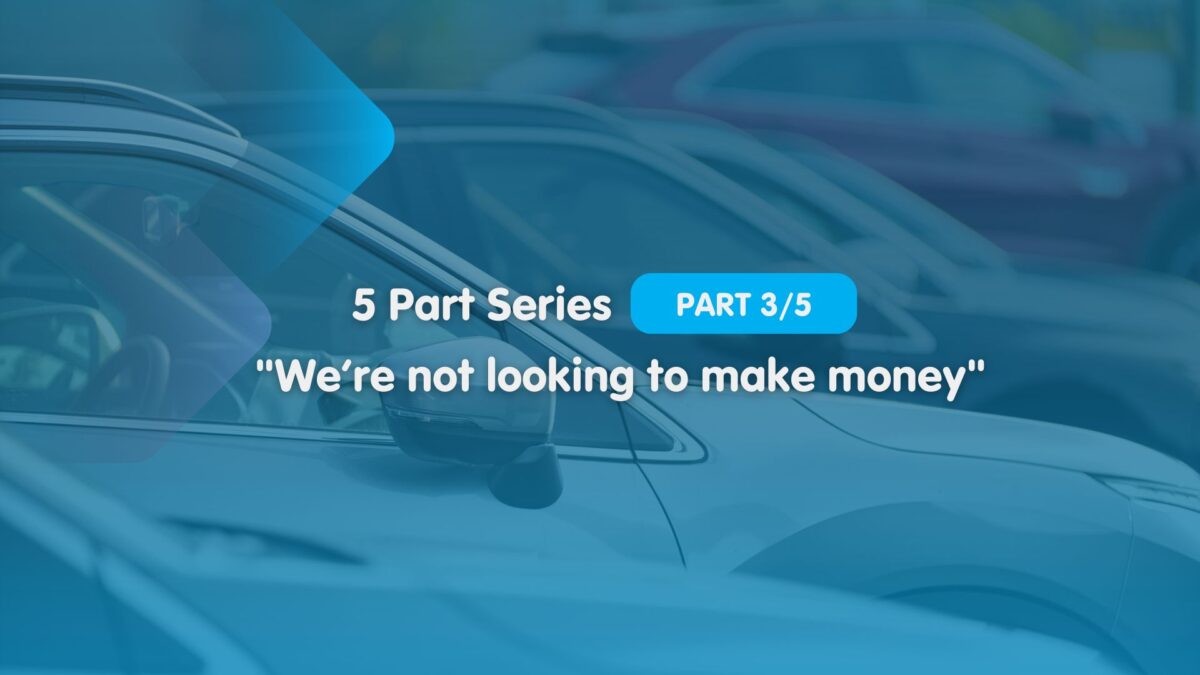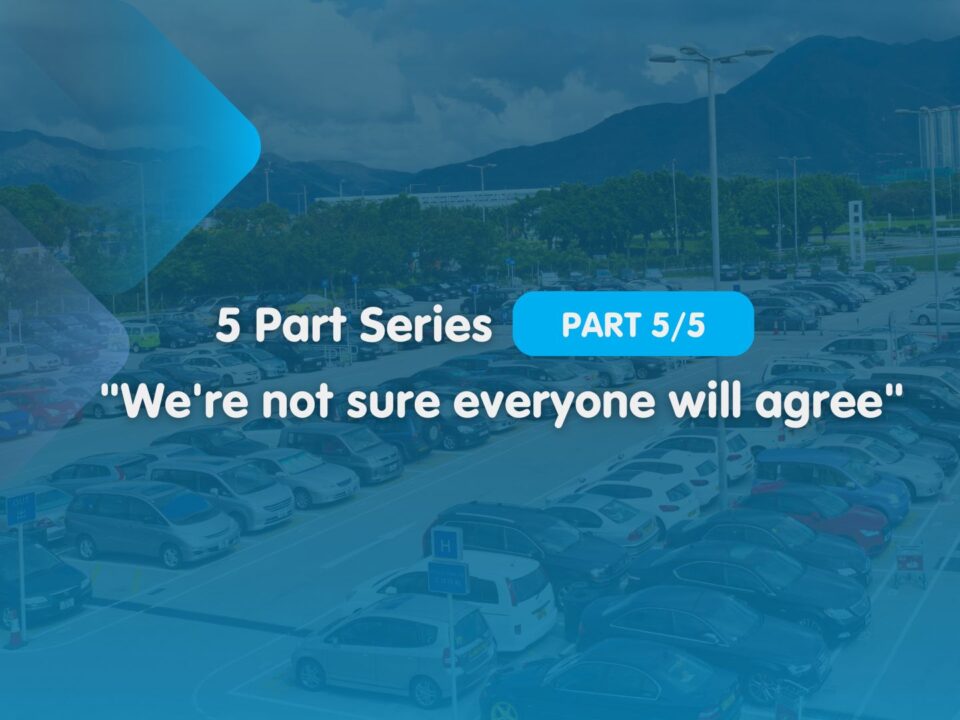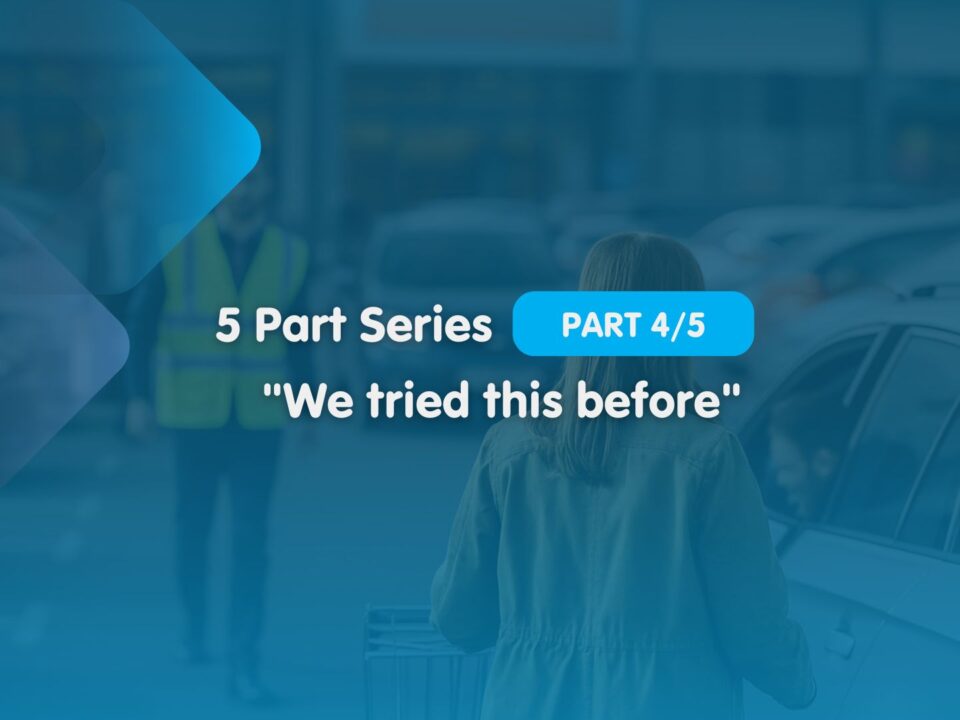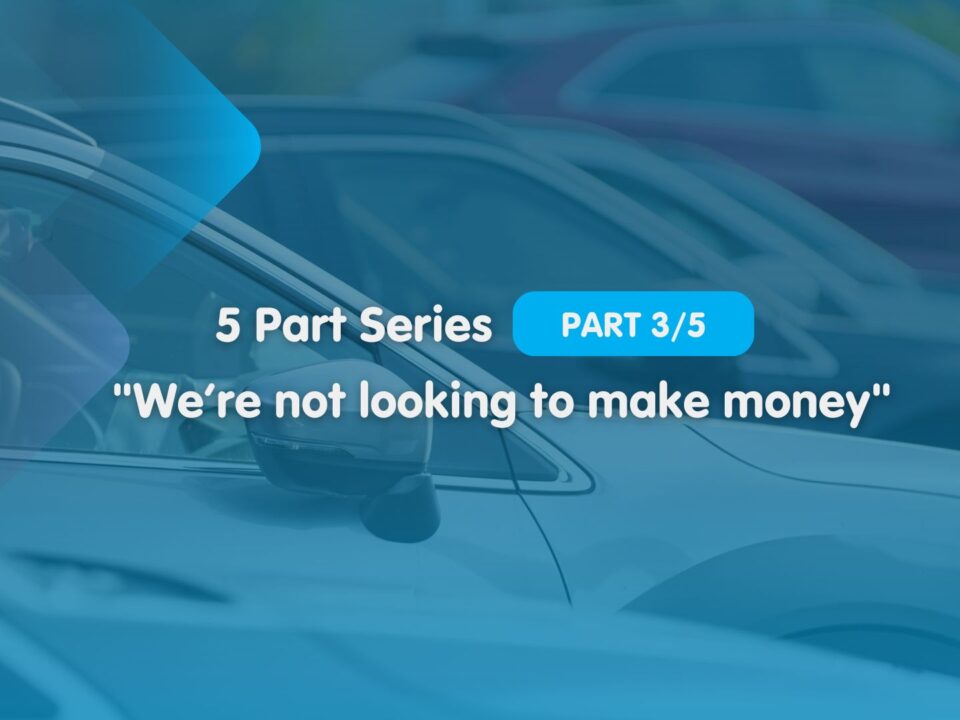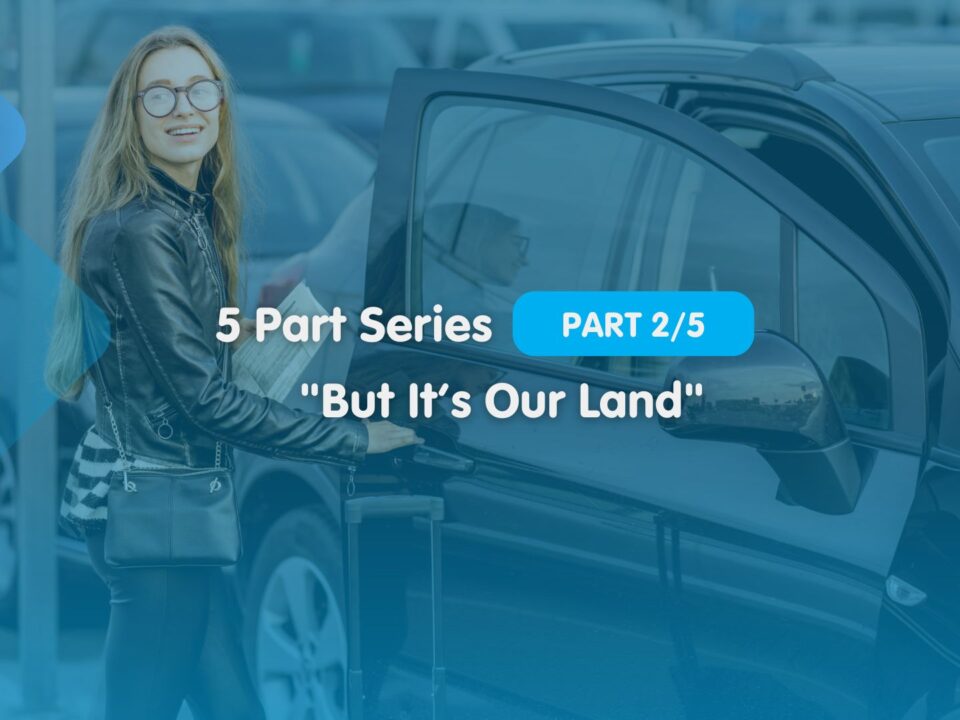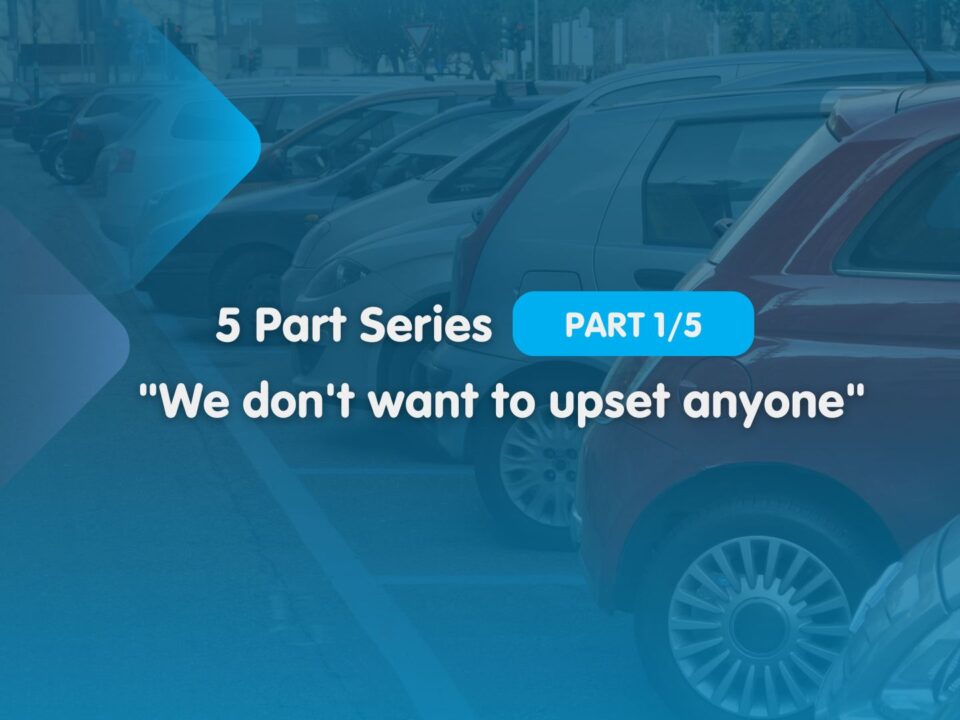Part 3. “We’re not looking to make money”

Part 2. “But It’s Our Land”
17/07/2025
Part 4. “We tried this before”
17/07/2025"We’re not looking to make money"
What car park management controls look like when revenue isn’t the goal
It’s almost always said early on.
Sometimes in a quiet voice, sometimes with a little laugh, as if to clear the air.
“We’re not trying to make money out of this.”
And we get it.
Because that’s not what a car park is for, not here, not in places like this.
Most of the time, the car park is just part of the fabric.
A practical detail.
A patch of tarmac that keeps things ticking over.
A place for your staff to park.
A way to make sure customers come in, unflustered.
Something that just… works, in the background.
And yet, somewhere along the way, the world got noisy about parking.
Stories of car parks turned into revenue streams, headlines about ruthless enforcement, TV shows with secret cameras and angry drivers.
It’s no wonder people get nervous —
no wonder you want to say, right from the start,
“That’s not what we’re about.”
So, let’s pause there.
Because the last thing you want —
and the last thing we want —
is a system that feels like it’s there to trip people up.
Or to fill someone else’s pockets.
Or to create a problem where there wasn’t one.
What you’re looking for is order, not income.
Space, not spreadsheets.
A little less chaos, a little more calm.
And there are ways to do that.
Some of the most effective solutions are the quietest.
Signage that sets expectations,
not in red capital letters, but in clear language.
“This car park is for customers while shopping.”
Or,
“Staff parking only beyond this point.”
No shouting.
No hidden traps.
Just clarity.
Most people, given the right cue, will do the right thing.
You don’t need a penalty to teach them.
A well-placed sign, a sense that the space is cared for —
often, that’s enough.
But sometimes, signs alone don’t work.
So you build in a little more support.
Maybe it’s self-ticketing —
where you, or your team, hold the controls.
You’re not required to ticket anyone,
but if someone’s making life difficult for everyone else — parking all day and walking to the station, or taking up resident bays for a week —
you have an option.
Not a quota.
Not a target.
Just the ability to act, when you need to.
Or maybe you use exemption lists.
A tablet at reception, or a simple online form.
Staff register their cars once and forget about it.
Visitors put their number plate in,
and they’re free to stay as long as they need.
No surprise tickets.
No angry phone calls.
No one caught out by a system they never agreed to.
You can have grace periods, too.
Ten, fifteen, twenty minutes —
enough time for someone to drop off a parcel,
pop in for a quick visit,
wait for a friend.
No one is penalised for living at a normal pace.
And if there’s ever a charge issued,
there’s a process.
A chance to explain,
to put things right,
to have a conversation —
not just a letter in the post and a sense of injustice.

But here’s the truth:
The best systems aren’t the ones that issue the most notices.
They’re the ones that, almost invisibly, create space for the right people,
and gently deter the rest.
When revenue isn’t the goal, you notice something:
You hardly ever have to enforce at all.
There’s no pressure to send out tickets,
no incentive to catch people out,
no spreadsheets measuring “performance” in pounds and pence.
You see the difference in the tone.
Staff can park without worry.
Customers don’t walk in complaining before they’ve even sat down.
Residents don’t swap stories about being boxed in,
or strangers blocking their driveway.
What you end up with is a sense of order.
Nothing flashy.
Nothing newsworthy.
Just the quiet satisfaction that comes from things working as they should.
And if you ever do see revenue,
it’s only ever as a by-product —
the result of someone ignoring all the signs,
all the options,
all the grace that was built into the system.
For most,
it never comes to that.
If a parking control company ever tries to convince you otherwise —
if they’re too interested in how much you’ll “make,”
or how many tickets you can expect,
or what the “average return” looks like —
pause.
Ask yourself if that’s really what you want.
Because at its best, car park management isn’t about money at all.
It’s about protecting the space for the people it was meant for,
in a way that feels fair,
reasonable,
and just a little kinder than you might have expected.
No headlines.
No drama.
No tally at the end of the month.
Just a car park that works —
and the quiet relief of knowing you haven’t had to turn a problem into a profit centre to make it happen.
Continue the Series
- 17/07/2025
Part 5. “We’re not sure everyone will agree”
What Holds People Back from Car Park Management? PT. 5/5: How to win over a committee for your car park.
Read more - 17/07/2025
Part 4. “We tried this before”
What Holds People Back from Car Park Management? PT. 4/5: Why your parking management went wrong: and what can be done differently .
Read more - 17/07/2025
Part 3. “We’re not looking to make money”
What Holds People Back from Car Park Management? PT. 3/5: What car park management controls look like when revenue isn’t the goal.
Read more - 17/07/2025
Part 2. “But It’s Our Land”
What Holds People Back from Car Park Management? PT. 2/5: Staying in control while getting the right kind of support.
Read more - 17/07/2025
Part 1. “We don’t want to upset anyone”
What Holds People Back from Car Park Management? PT. 1/5: Why sensible car park management controls don’t have to feel harsh.
Read more

